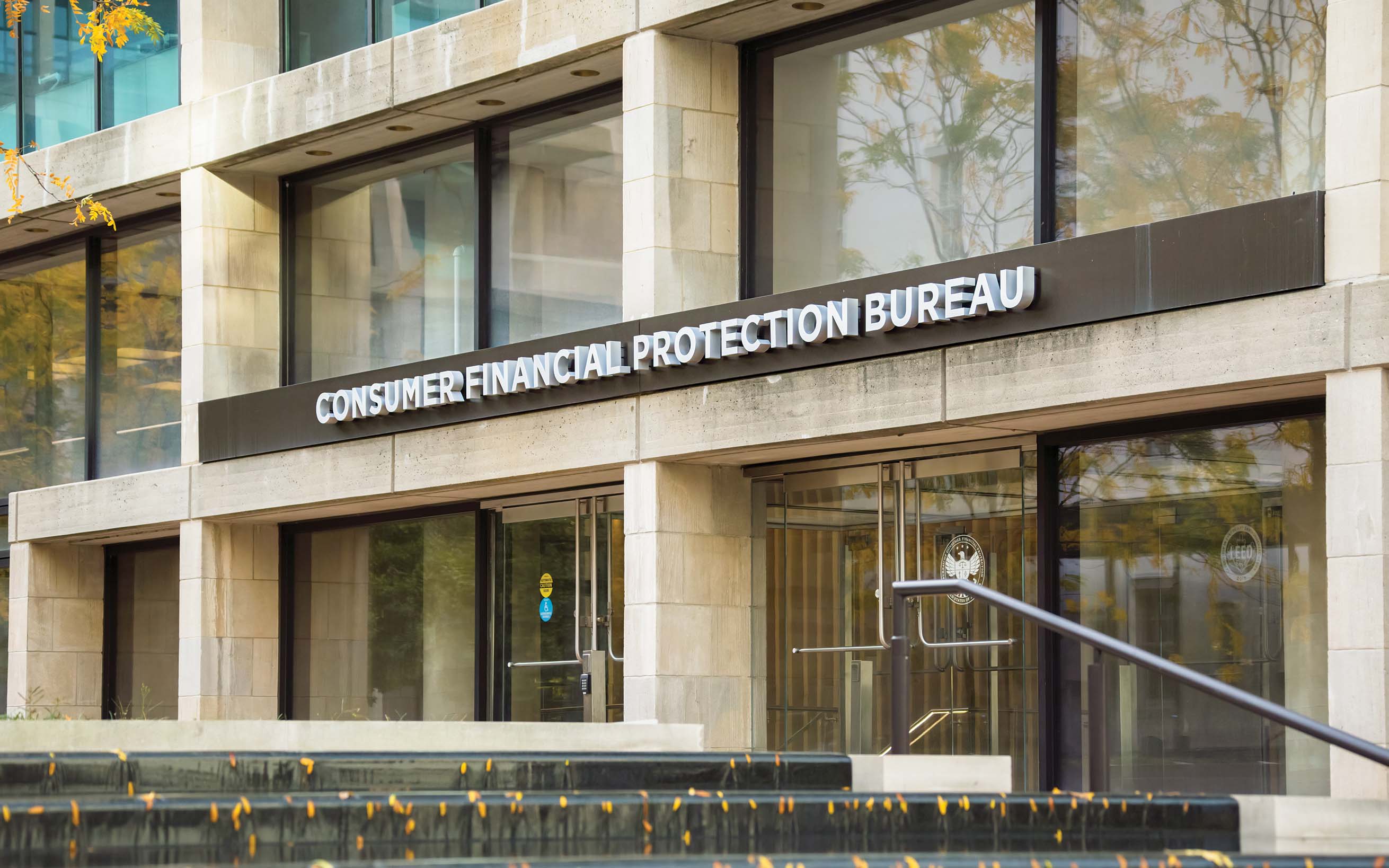With a full agenda of topics that need attention, ICBA’s government relations team is meeting with the regulatory agencies, writing comment letters and offering up research and ideas to help shape the discussion.
Lilly Thomas: Shaping the regulatory year ahead
February 01, 2023 / By Lilly Thomas
With a full agenda of topics that need attention, ICBA’s government relations team is meeting with the regulatory agencies, writing comment letters and offering up research and ideas to help shape the discussion.
We’re already in the second month of 2023, and ICBA is deep into regulatory advocacy.
With a full agenda of topics that need attention, ICBA’s government relations team is meeting with the regulatory agencies, writing comment letters and offering up research and ideas to help shape the discussion. The goal is to ensure that the strength and vitality of community banks is a key consideration in regulatory decisions and outcomes.
Here’s a rundown of the key issues ICBA is advocating on.
Climate risk
ICBA is engaging on climate risk with all the regulatory agencies, asking them to reconsider their climate risk proposals and their adverse effects on local communities. ICBA strongly opposes climate risk regulation of community banks and has told policymakers, including those at the FDIC, OCC and SEC, that any trickle-down effect of large bank regulation in this area will stifle innovation and create barriers to serving consumers and small businesses. ICBA will also continue to push back against New York State Department of Financial Services’ proposed guidance on climate risk, which contains sweeping expectations about how New York state-regulated banks should monitor and control their material climate-related financial risks.
1071 implementation
The Consumer Financial Protection Bureau (CFPB) is expected to release its final rule on implementing Section 1071 of the Dodd-Frank Act, which includes data collection and reporting requirements for small-business lending. ICBA opposes the current proposal—covering community banks that originate 25 loans or more—which would create an unnecessary burden on even the smallest banks. A community bank exception is needed.
Community Reinvestment Act (CRA) modernization
The federal banking agencies have suggested their final rule modernizing CRA will be released early this year. ICBA is reiterating the need for higher thresholds that minimize new data collection and reporting burdens for community banks. Last August, ICBA sent the agencies a 27-page comment letter describing the challenges and opportunities CRA modernization presents to community banks and the communities they serve—and how to make CRA less burdensome for community banks while doing more to help lower- and moderate-income communities.
Digital assets & cryptocurrency
ICBA will continue to ensure community banks have a voice in the future of digital assets and cryptocurrency. As shared in letters to the Treasury, the Financial Stability Board and others in 2022, ICBA supports efforts by policymakers to resolve regulatory and legal debates about the classification of digital assets as securities, commodities or banking products.
In addition, ICBA is calling attention to threats to privacy, consumer protections and financial stability. The potential for money laundering, terrorist financing and fraud with these assets is high. They also threaten to disintermediate community banks and undermine their ability to provide funding to support local economic activity, growth and development. Cryptocurrency companies do not meet the requirements of federally insured chartered banks and should not be granted any charter or access to the Federal Reserve’s payment system.
Overdraft and other fees
ICBA will continue to push back against efforts by the CFPB to regulate overdraft and other fees without using the rulemaking process. ICBA also believes the CFPB misunderstands the benefits of these fees and has wrongly labeled them unfair.
Payments
ICBA is a strong advocate for secure, financial institution-centric payments systems, and urges policymakers and regulators to maintain their position that direct access to these systems be limited to federally insured and regulated financial institutions. ICBA recognizes that 2023 will be a pivotal year as the industry prepares for the launch of FedNow and urges all community banks to develop and implement strategic plans to provide faster payments products and services to meet customer needs.
To safeguard a level playing field, ICBA is working to ensure community banks are included in the governance process, that rulemaking is transparent, timely and inclusive, and that new entrants into the industry are regulated for safety and soundness. Community bank payments systems must maintain choice and access and not be limited through the imposition of anticompetitive and discriminatory pricing or policies, membership requirements, operating rules or technological barriers.
Fraud
Fraud remains a rampant problem and community banks frequently pay the price for others’ poor controls, including P2P providers like Zelle. As regulators debate customer liability, levels of Reg E protections and where the line is drawn around payment responsibility, ICBA believes regulatory restrictions aren’t the answer. Policymakers should focus more on the fraudsters and work with P2P technology vendors to maximize consumer awareness of fraud schemes and implement safeguards, such as multifactor authentication, to reduce consumer approvals of fraudulent transactions without delaying consumers’ access to their funds.
We need your voice
Community bankers have an important role to play in this advocacy work. As ICBA engages with policymakers and regulators, community bankers should check in regularly with the ICBA Advocacy Toolkit to find opportunities and language to comment on proposed rules and explain the real-world impact of regulation on community banks and the communities they serve.
You can help ICBA shape the regulatory road ahead by visiting icba.org/advocacy.
Subscribe now
Sign up for the Independent Banker newsletter to receive twice-monthly emails about new issues and must-read content you might have missed.
Sponsored Content
Featured Webinars
Join ICBA Community
Interested in discussing this and other topics? Network with and learn from your peers with the app designed for community bankers.
Subscribe Today
Sign up for Independent Banker eNews to receive twice-monthly emails that alert you when a new issue drops and highlight must-read content you might have missed.
News Watch Today

Join the Conversation with ICBA Community
ICBA Community is an online platform led by community bankers to foster connections, collaborations, and discussions on industry news, best practices, and regulations, while promoting networking, mentorship, and member feedback to guide future initiatives.












